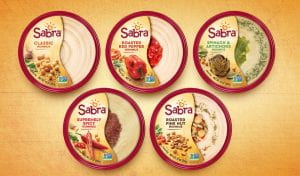Response to: Boxed in a Paradox by ash_marie
Since the start of the pandemic, I have been scared to go out to get groceries or other essentials for fear of contracting the virus and/or bringing it home to my loved ones. Because of this, I have chosen to seldom go to the store, going only every few weeks to buy in bulk. But on occasion I still need something that I have run out of or forgot to purchase. Rather than risk the trip to the grocery store, I chose to order the product online, often kicking myself as I use amazon. While deliveries are not risk free, they have reduced risk compared to in person sopping. I took my ability to do this for granted until I read ‘Boxed in a Paradox’ by ash_marie.
‘Boxed in a Paradox’ explains the reality of a lack of access to online orders for many Americans as well as the immense amount of wealth that online ordering has been generating for companies like Amazon and Walmart while their workers suffer. In the blog post, ash_marie discusses the need to reform the system to make it more equitable for workers and consumers.
To make reforms, it is important to fully understand the system to begin with. As we have touched on in class, mapping out a system is an effective way to achieve this. Monica Price Cohen develops system maps, such as the food system map, which allows the viewer to gain an in depth understanding of the system that they are investigating by demonstrating connections that the viewer may never have thought of before. Developing a system map of the online ordering system, which would fit within the larger food system map, is a great place to start to understand the next steps to take to make effective change.
-Nathan Mock



